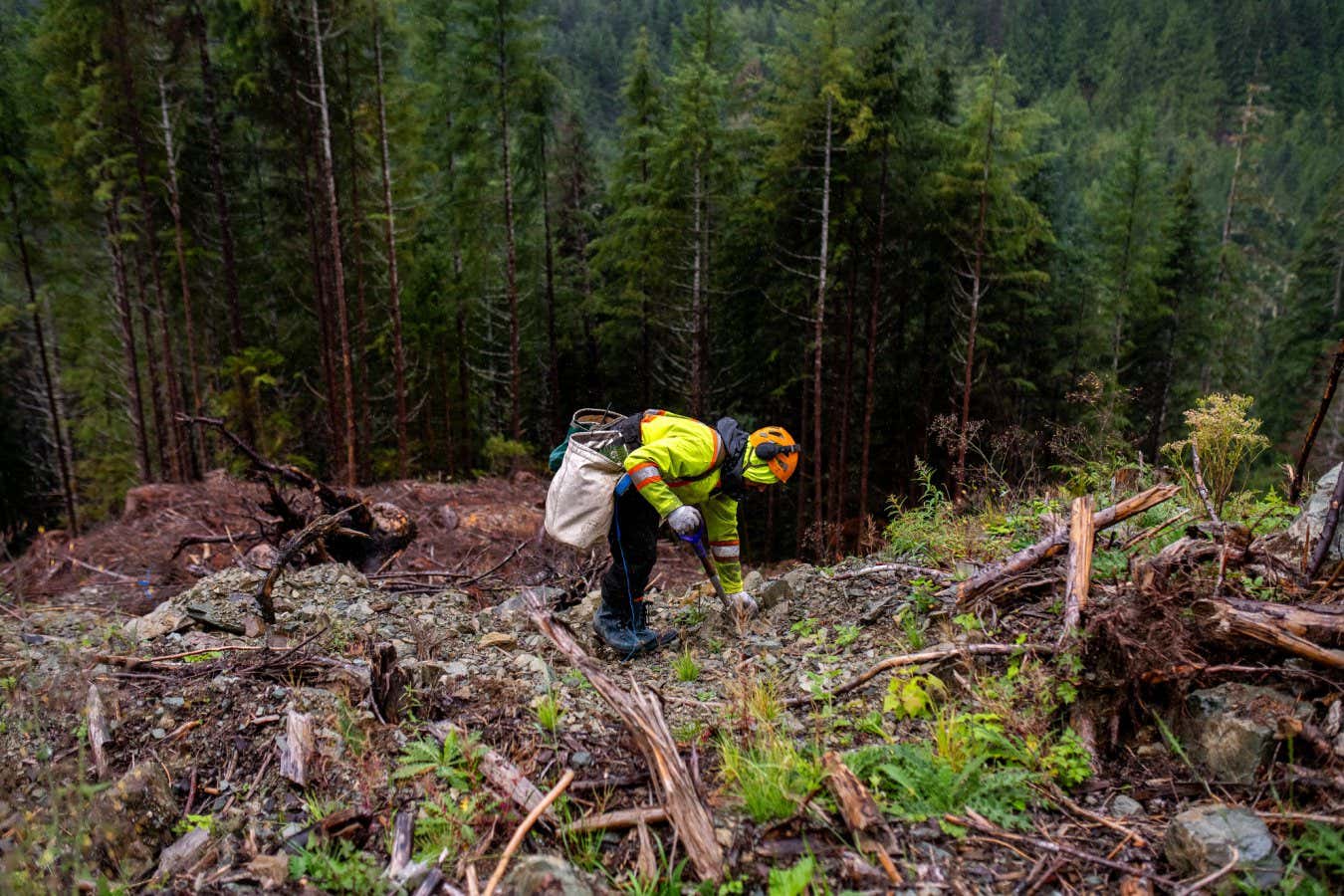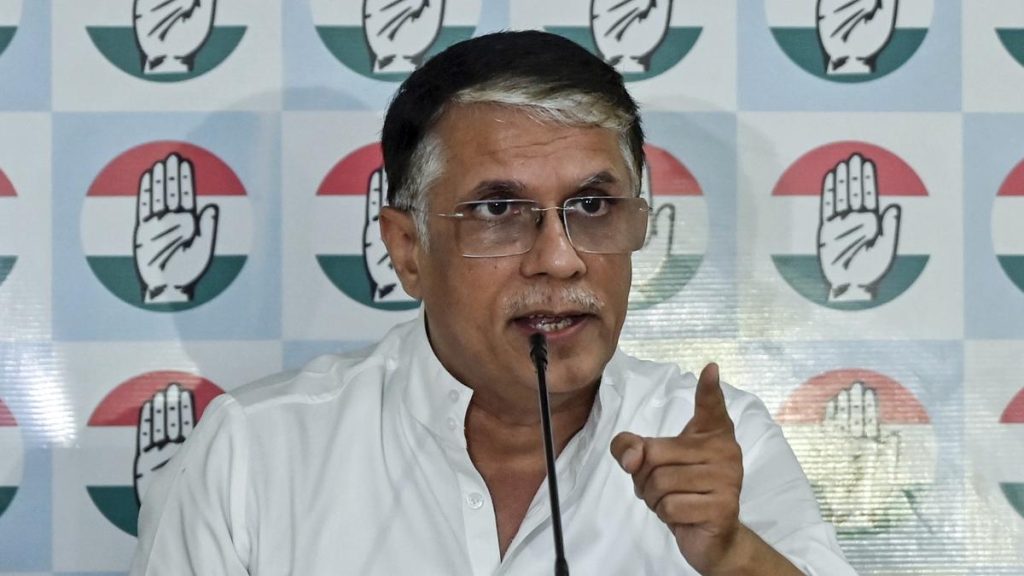Now Reading: Planting Trees Cannot Offset Global Fossil Fuel Reserves, Study Finds
-
01
Planting Trees Cannot Offset Global Fossil Fuel Reserves, Study Finds
Planting Trees Cannot Offset Global Fossil Fuel Reserves, Study Finds

Quick Summary:
- A study led by alain Naef at ESSEC Business School calculated that offsetting the carbon emissions from burning all fossil fuel reserves held by the top 200 companies globally would require planting trees over 24.75 million square kilometers, exceeding the combined landmass of North and Central America.
- This scenario is unfeasible due to insufficient land,potential loss of farmland,displacement of settlements,and disruption to natural ecosystems.
- Rich Collett-White from Carbon Tracker noted such afforestation efforts could drive food price inflation or lead to deforestation elsewhere.
- The financial cost is estimated at $16 per tonne of CO₂ offset. Implementing this across reserve emissions would bankrupt up to 64% of major fossil fuel firms even before accounting for land acquisition costs.
- Using higher carbon prices considering social-economic damages suggests that all companies could face bankruptcy.
- Researchers emphasize this as a thought experiment highlighting why continued reliance on offsets cannot support business-as-usual operations in polluting industries. They argue fossil fuels should remain untouched underground.
- Tim Rayden from Trillion Trees supports transitioning economies away from fossil fuels over relying solely on afforestation.
Image Caption: A tree-planting project in British columbia, Canada (Credit: James MacDonald/Bloomberg via getty Images).
Indian Opinion Analysis:
This study underscores the limitations of using tree planting as a singular strategy for combating climate change. For india-a nation with large agricultural demands-it suggests caution against diverting farmland or displacing communities for carbon offsetting projects without addressing systemic reliance on fossil fuels. Additionally,food security concerns and risks tied to rising global prices could have long-term consequences impacting India’s populous and agrarian economy.
The findings also highlight India’s need for expanding renewable energy adoption rather then depending heavily on offset strategies that strain resources or ecosystems. Investing in clean technologies while protecting its forests aligns more effectively with both environmental sustainability goals and economic resilience.
























